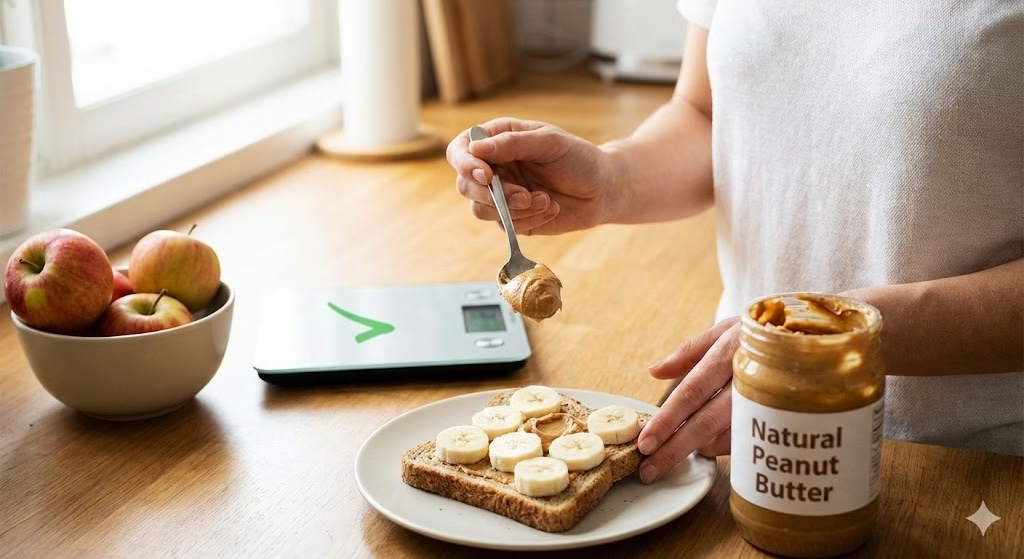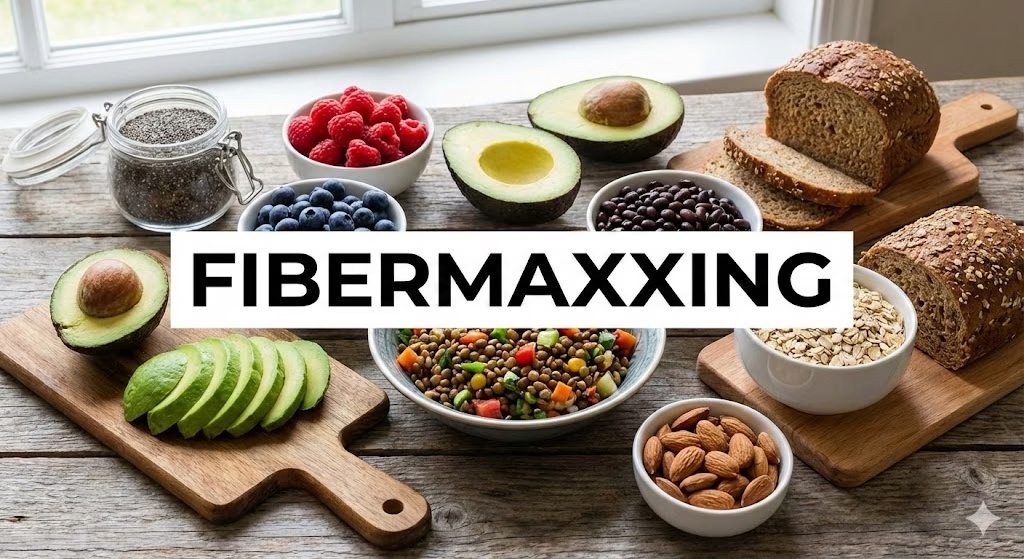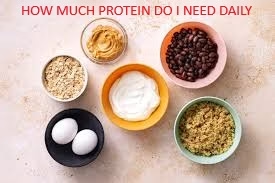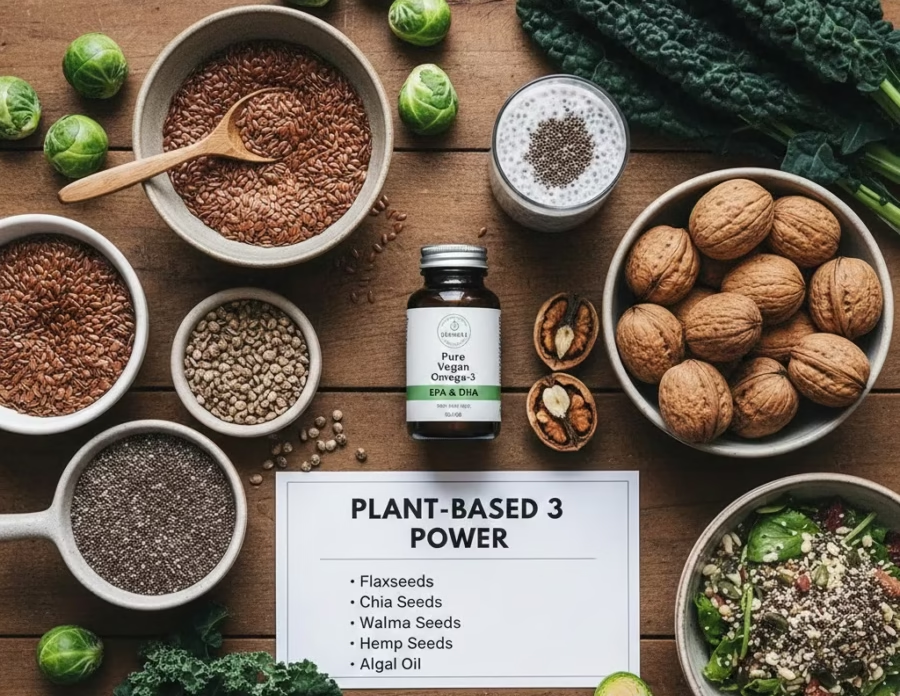
Bloating may catch up with you and turn a good day into a crummy one before you even realize it’s happening. That too-full, constricting feeling is usually a side effect of overeating, stress, or sensitivity to the digestive system. The good news? There are many easy, effective solutions to calm bloating and feel normal again. Here’s how to get fast relief and maintain your digestive health.

1. Stay Hydrated
Water is important to maintain your digestive system efficiently. While it may seem that it contributes to the bloat by drinking a big quantity at a time, your body tends to adapt within a few hours or so. Other individuals also report that taking time, around an hour, after food may help minimize post-meal bloating.

2. Get Moving
Physical exercise stimulates digestion and helps facilitate the release of trapped gas. Even a short 10- to 15-minute walk after every meal can make a big difference. Gentle exercises such as yoga are also good for relaxing abdominal pressure and promoting circulation to your gut.

3. Add Probiotics
Probiotics are beneficial bacteria that support a balanced gut microbiome. They may help reduce gas and bloating, especially in individuals with irritable bowel syndrome (IBS). If you’re new to probiotics, consider starting with a supplement or incorporating foods like yogurt, kefir, or fermented vegetables.

4. Use Herbal Remedies
Natural herbs have traditionally assisted in digestion. Capsules of peppermint oil or tea made from peppermint can relax the intestinal muscles and dispel gas. Ginger in any form including fresh, powdered, or as it is steeped in tea is best to soothe the gut. Fennel seeds, usually chewed after eating or added to tea, can also help soothe digestive upset. Chamomile, caraway, anise, and coriander are other useful herbs.

5. Use Heat
Warm compress, like hot water bottle or heating pad, on the abdomen can help your digestive muscles relax and your cramps ease. Similarly, a warm bath also has the same advantages, with the additional benefit of stress relief, which can indirectly assist digestion.

6. Eat Slowly and Mindfully
Gulping food quickly can cause swallowing too much air, one of the most frequent causes of bloating. Eat slowly, chew well, and concentrate on your food. This will not only help in digestion, but also stop overeating.

7. Find and Avoid Triggers
Some foods and habits are found to cause bloating. Regular diet culprits include beans, lentils, cruciferous vegetables such as broccoli and cabbage, dairy, carbonated beverages, and sweeteners. Chewing gum, smoking, and drinking from a straw are some habits that make you swallow excess air as well. You can track what causes your symptoms the most by keeping a food diary.

8. Handle Fiber Intake Carefully
Fiber helps maintain normal bowel movements and avoids constipation, which can cause bloating. More is not always better here; adding too much too fast, or the wrong kinds of fiber, can actually make things worse. Gradually build up your fiber intake, and be sure to drink lots of water as your level increases.

9. Try a Low-FODMAP Diet
FODMAPs are a class of carbohydrates that may be hard to digest for some individuals. A low-FODMAP diet, which temporarily limits these carbs, has been found to decrease bloating and other symptoms substantially in people with IBS and other gut problems.

10. Try Massage or Yoga
Mild massage of the abdomen may stimulate the digestive system and relieve gas in the intestines. Stretching or twisting of the abdominal area in yoga poses, such as seated twists or child’s pose, can also be naturally relieving.

11. Research Magnesium and Digestive Enzymes
Magnesium also aids muscle relaxation, such as in the digestive system, and can help alleviate constipation and bloating. Digestive enzyme supplements, like lactase for lactose intolerance, help your body to break down some foods more effectively.

12. Apply Over-the-Counter Products When Necessary
There are a few non-prescription treatments that can relieve the problem quickly. Simethicone (Gas-X, for instance) dissolves gas bubbles. Antacids or drugs such as bismuth subsalicylate (Pepto-Bismol) will soothe the digestive system. If it’s constipation, a mild laxative might solve the problem, but it’s not a good idea to make them a regular habit.

13. Don’t Hold It In
Trapped air must find an exit. If you need to pass gas or have a bowel movement, it is better to go to a private location and allow your body to do what it must. Holding it in will exacerbate discomfort and extend the bloating.
14. Know When to See a Doctor
If bloating persists despite trying these strategies, or if you’re experiencing severe pain, fever, blood in your stool, or unexplained weight loss, then it’s important to consult immediately with a healthcare provider. Chronic bloating can sometimes be a sign of a more serious underlying condition that needs medical attention.













